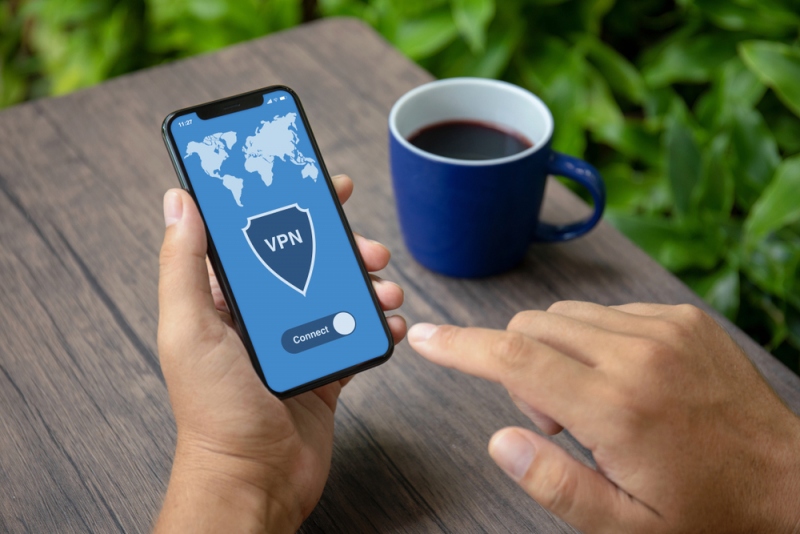A VPN creates an encrypted tunnel between you and an isolated server, which is controlled by the VPN server. A VPN allows you to keep your data private by hiding your IP address and encrypting the virtual data. While this makes VPN incredibly beneficial, not all VPNs offer the same level of privacy or reliable.
One of the best VPN services is ExpressVPN. Read VPNpro’s review of this provider to see how good is ExpressVPN. But there are a lot of different VPNs to choose from, which can make it difficult to pick the right one, especially since they can range quite a bit in price. Here are some ways you can distinguish a good VPN from an unreliable one.

Consider What Your Needs Are
People have different security needs. Some only use the Internet when they’re at home, so they probably don’t need an expensive VPN package. If you use public Wi-Fi, you want a good VPN service, even if privacy isn’t one of your priorities.
Some people use VPN services to geo-shift their location so they can make it seem they’re in a completely different location, while others are looking for anonymity. The more privacy you want, the more you need a high-quality VPN service.
Consider What Protocol Do They Use
Not all VPNs use the same protocol. You want to look for a VPN that uses OpenVPN because it is the best. Many VPNs use PPTP, which is extremely old-fashioned and won’t provide you with nearly as much security. The encryption they use is simply weak. If you are using a VPN for your mobile device, you want to use a VPN that uses the L2TP protocol. Although OpenVPN is better, most mobile devices do not support the OpenVPN protocol yet.
How Are the Servers Distributed?
Especially if you want to use a VPN to access Netflix and other streaming services, you want to use a VPN service that uses a lot of different servers that are dispersed throughout the world. This will make it much easier to get around geo-blocked content.
Look for VPNs that have server counts in the thousands. You should also check to see where the servers are located. If you live in North America, but all the servers are in Africa, the VPN won’t be of much use to you.
Do They Keep Logs?
Some VPN servers log your online activity. In many ways, this defeats the purpose of using a VPN. Most people who use a VPN are looking for privacy. Most VPNs will tell you on their site whether or not they log user activity. Even VPNs that do minimal logging are invasive, so try to find one that does zero logging.
Do They Have a Kill Switch?
Kill switches are vital if you are seeking anonymity. Although it doesn’t happen often, VPN connections can fail. When this happens, it might default to the regular interconnection, which might not have any security features. If a VPN has a kill switch, the connection will be locked down if the VPN connection fails for any reason.
How Many Connections Do They Allow at Once?
While you might only need one connection, having the ability to have multiple connections is a definite perk. You might have multiple devices that could benefit from a VPN. Most people have a computer and a smartphone, and some even have multiple phones and computers. And if you have a few people in your family, you will need more than one connection. You probably want a VPN that accommodates at least four or five connections.
Do They Have Restrictions?
Surprisingly, some VPNs impose limits on things such as bandwidth. Many people use VPNs to get around bandwidth restriction Internet service providers impose on them. You want to use a VPN that does not restrict bandwidth, especially if you do a lot of streaming and torrenting.
ExpressVPN is one VPN that offers a wide variety of perks. The service has more than 2,000 servers that are spread out over 90 countries. ExpressVPN also has the advantage of fast speeds. Plus, the service does not log any of their users’ activity. ExpressVPN can be used on iOS devices, Android, Microsoft, Linux, among others. It can also accommodate more than five connections. ExpressVPN is great for streaming video content, torrenting, and is accessible in restricted areas like China.
While speed and privacy are probably the most important factors to consider when deciding on a VPN, there is also a lot of other things you have to take into account, from how many servers there are to what protocols they support. With so many different services to choose from, it can be overwhelming. The key is to know exactly it is you plan to use the VPN for, that way you can find a VPN service that has all the features you need.










Comments